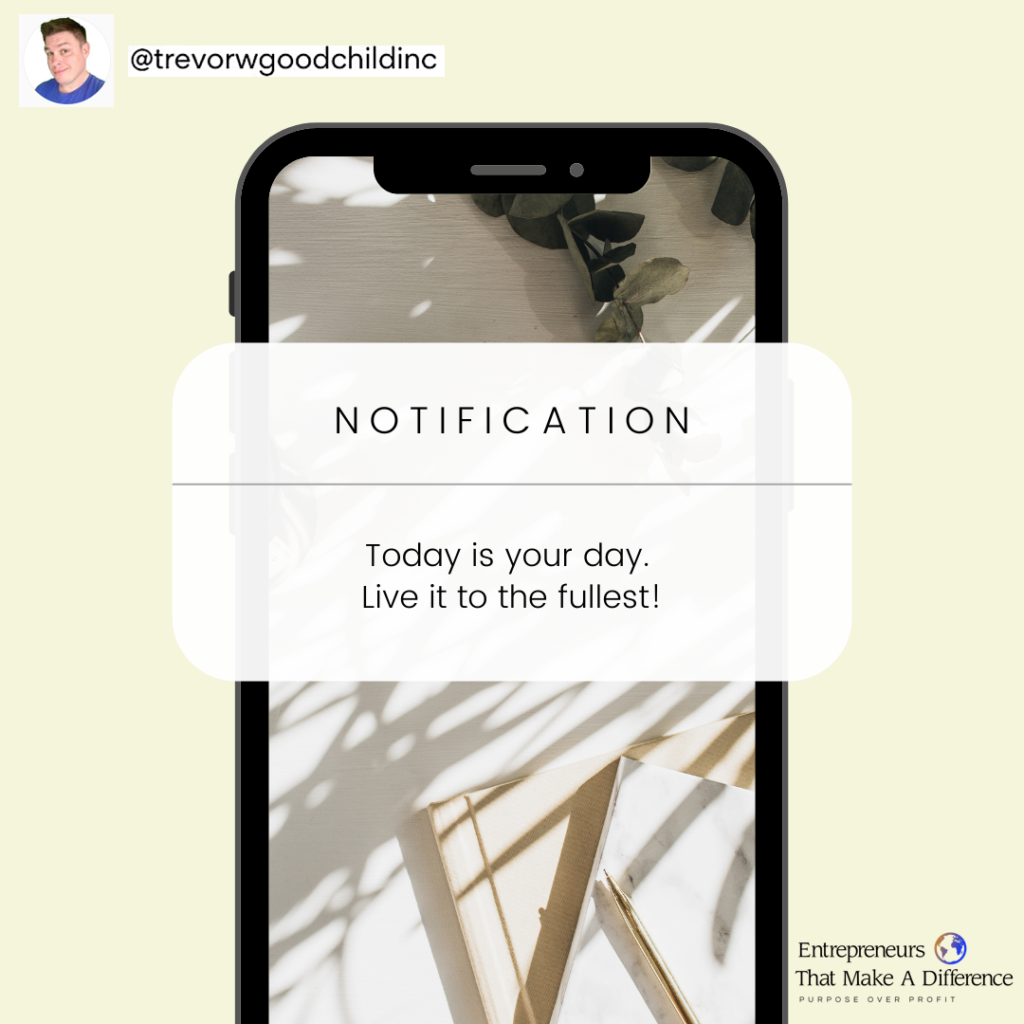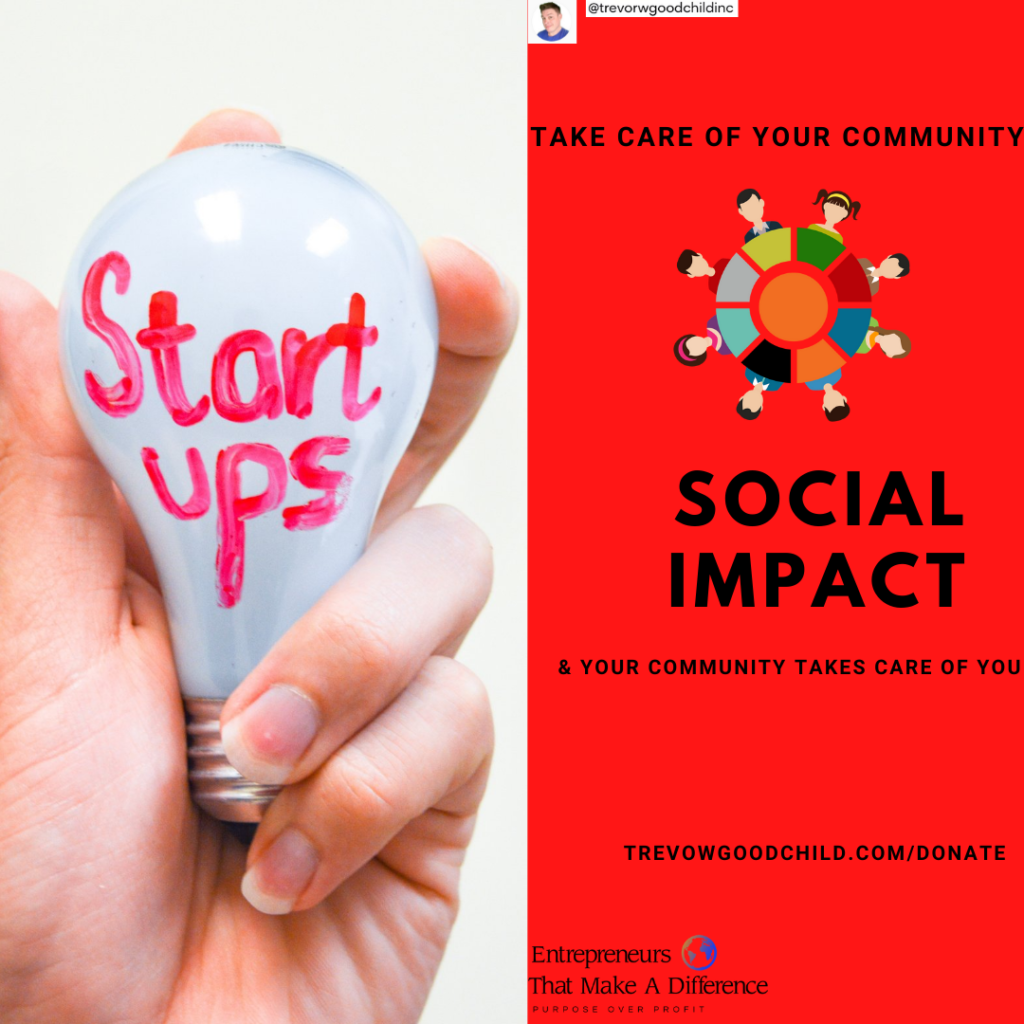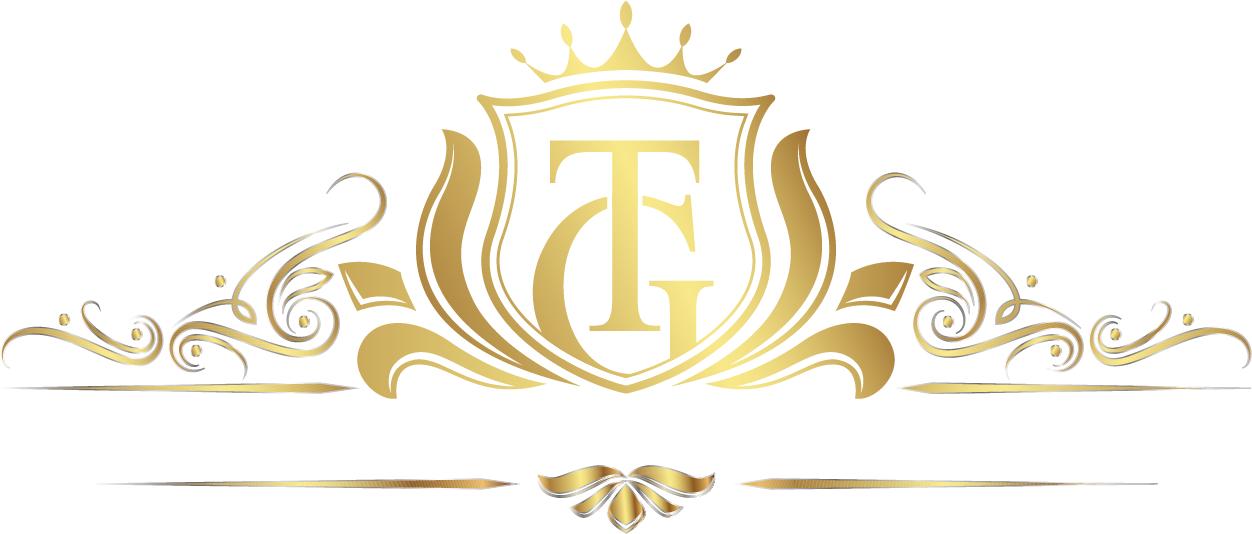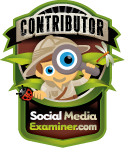
What We Can Learn from The Art of War
Source: The Art of War
I use this quote loosely for what an "enemy" is. If humanity doesn't pay attention to how we are affecting the planet, than our enemy is the lack of preparation.
Write Your Own Rules
How often have we experienced adverse events that could have been prevented with more attention to details beforehand? It seems like now, more than ever, people are tuning in to how we affect the world environmentally.
Blame the internet, or the positive effect social media can have, but the young and old are starting to not only address how the planet is changing but creating never seen before solutions.
These solutions create new jobs, and economy. So the old argument that we can't support sustainable energy because it would hurt business falls flat. Which is good news.
I'd rather be spending my money on a product or service that takes into account how the supply chain in that industry hurts or helps the world. That's part of why I'm always amped up about entrepreneurship.
Instead of committing to an archaic system that could use improvements, as a founder, we have the ability to rewrite the rules. Decide what markets we want to change for the better and take action to do so.
The Blade of Preparation
Being prepared is a double-edged blade. You can get so caught up in wanting things to go exactly as planned that you forget the art of moving in flow. Catching those clues of when to act can be the catalyst for remarkable change.
At the same time, looking at long-range changes in the market, in society, in trends and preparing for certain eventualities will put you ahead of the curve.
How To Use Economics To Build Your Social Life
Keynesian economists generally argue that aggregate demand is volatile and unstable and that, consequently, a market economy often experiences inefficient macroeconomic outcomes – a recession, when demand is low, and inflation, when demand is high.
Before we get to the Purpose Over Profit highlight for this week, I'd like to propose a new way of using long-run economic predictions.
A new form of preparation.
You may have heard friends, or say it yourself: "prepare for the worst hope for the best." This isn't a great approach because it often focuses on expecting bad things to happen.
Instead of expecting the worst, let's expect the best. When expecting the best, we can still prep for the unexpected just maybe be a little less gloomy about it ha ha.
Preparing for better things to come gets our mindset tuned to what we wish to attract to ourselves. No need to go super woo woo here. It's basic psychology. What we focus on more, we tend to attract.
Those who have survived trauma often work out (or repeat) the emotions felt during past events unconsciously. This shows up in the impulse to create conflict or over-respond to a situation due to past triggers.
Recreating social situations that mirror our past emotions can either allow us to respond the same way and keep repeating a behavior cycle or give us a second chance to respond differently.
If we lived our whole life worst-case-scenario expecting, in way that's a form of trauma. We self-traumatize our mind to focus on what we don't want.
To heal from that, focus on what we want to happen, positively. Preparing for good things can in fact create more opportunities that are good.
Look up how self-efficacy works - it's a similar theory used in education with kids. The more kids believe in their own abilities to do better, the more they improve the school work they're doing when thinking this way.
It's been proven in many studies - when we think we are getting better, it improves our ability to get better.
The Biggest Enemy is Complacency
Going back to Sun Tzu - we become our own enemy when we don't prepare for complacency. Everyone gets mentally and emotionally comfortable when we have established routines day in and day out - including routine emotions and social responses.
This allows you to be more supportive and anticipate how to keep those social bonds strong rather than drift away.
How do we keep up with friends who are too busy to keep up with us?
Big picture view.
Purpose Over Profit Highlight
It is estimated that the aviation industry emits 2.5% of all carbon dioxide emissions nationwide and is responsible for 3.5% of global warming.
Replacing petroleum-based aviation fuel with a sustainable alternative is now a reality.
A mustard plant called Brassica carinata can reduce carbon emissions by up to 68%, according to new research from a University of Georgia scientist.
“If we can provide suitable economic incentives along the supply chain, we could potentially produce carinata-based SAF (sustainable aviation fuel),” said Dwivedi, associate professor in the Warnell School of Forestry and Natural Resources.
So yeah, powering planes with mustard seed fuel could help reduce the carbon footprint of the aviation sector while creating economic opportunities too.
This comes at a great time. In September, President Joe Biden proposed a sustainable fuel tax credit which would bring federal agencies together to scale up the production of SAF nationwide.
Dwivedi says:
“Carinata has the potential to be a win-win situation for our rural areas, the aviation industry, and most importantly, climate change.” [Read more here]
Where has this been my whole life? Sustainable jet fuel? Sounds pretty cool.
Every year --sometimes every month-- we see new innovations that improve the world.
Hope your week is full of happy coincidences.
-Trevor
Check out my hip hop podcast From Da Jump
Every other Tuesday on Clubhouse 10am-11am CST I host a Startup Club Room called Entrepreneurs That Make A Difference - follow me @fbpolicypro to get find out more. Next room is Nov 16th 20201

Facebook disapprove your ad and won't tell you why?
Schedule a time to talk to a Facebook ad policy expert who worked at Facebook here.
Enjoyed this blog? Signup here to get updates on new startup blogs.
. . .





Leave a Reply